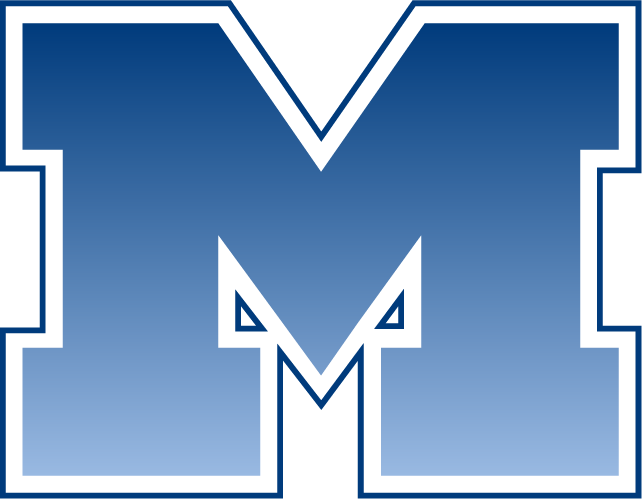College Acceptance Criteria
While every college evaluates applicants a little differently, most use a holistic review process that considers academic achievement, extracurricular involvement, and personal character. Here's what colleges typically prioritize when reviewing applications:
Common College Admission Criteria:
- Courses completed & academic rigor
Colleges want to see that students challenge themselves with honors, AP, or advanced courses when available, especially in core academic subjects. - GPA (Grade Point Average)
A strong GPA demonstrates consistent effort and mastery over time. Some colleges will recalculate GPAs based on core classes only. - ACT/SAT Scores
While many colleges are now test-optional, strong scores can still enhance an application and qualify students for scholarships or honors programs. - Letters of Recommendation
These offer insight into a student’s character, academic potential, and classroom contributions. - Extracurricular Activities & Awards
Depth of involvement is often more important than quantity. Leadership, commitment, and impact all matter. - Personal Essays
Essays are a student’s chance to share their voice, values, and experiences—beyond what’s on the transcript.
What Colleges Look for on a Transcript:
A high school transcript is often the most important piece of a college application. It tells the story of a student’s academic journey.
Colleges look for:
- A strong foundation in core academic subjects
- Evidence of academic growth over time
- Challenging coursework, especially in junior and senior years
- Consistency in grades, effort, and course selection
At St. Michael’s, students are encouraged to take full advantage of our college preparatory curriculum to ensure they are competitive in the admissions process.
Recommended High School Coursework for 4-Year Colleges:
Most four-year colleges recommend (or require) the following minimum high school coursework:
- 4 years of English
- 4 years of Math
- 4 years of Science
- 2–3 years of the same Foreign Language
- 3 years of Social Science (World History, U.S. History, Government, Economics)
- 1 year of Fine Arts (Visual Art, Music, etc.)
Keep in mind that selective colleges may expect even more rigor, such as additional advanced courses or higher-level electives.
If you’d like help planning your high school courses with college goals in mind, or need support understanding specific college requirements, please reach out to the College and Career Counselor. We’re here to help!
